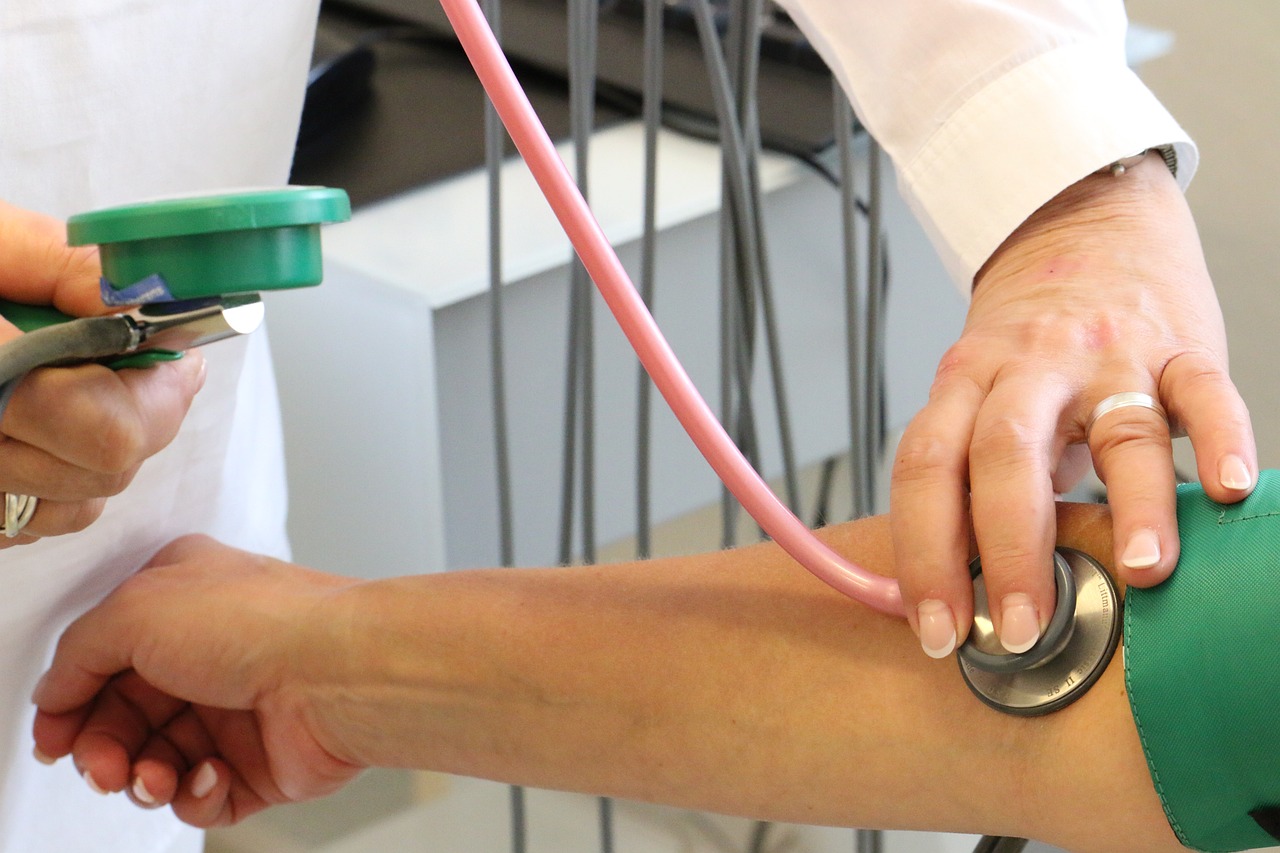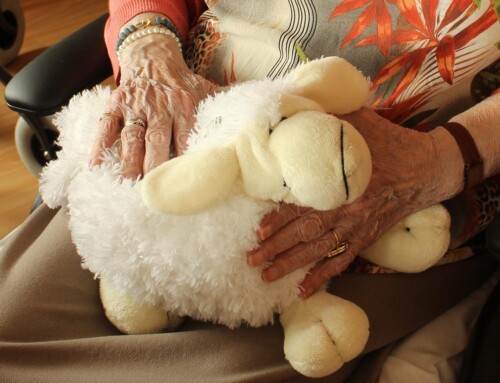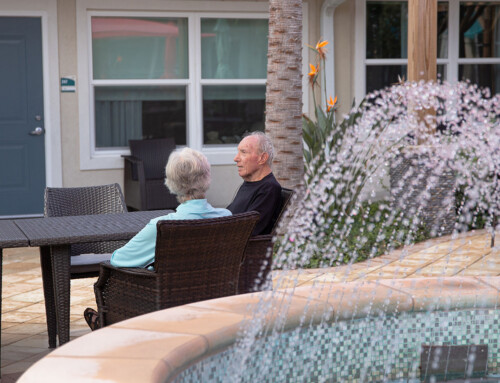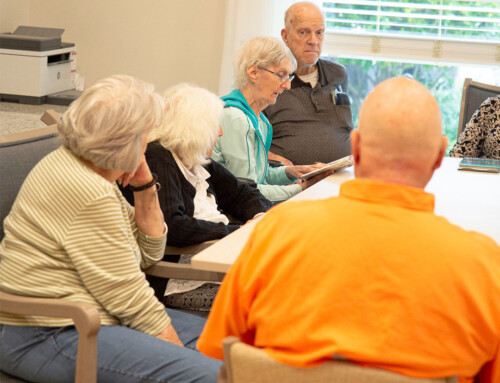There are many health concerns that aging can bring, but one of the most prevalent is high blood pressure. The issue? It’s usually not a massive concern apparent to the naked eye until it’s too late, causing serious illnesses and injuries. Seniors can make changes today to aim for a healthier tomorrow with the support of assisted living facility staff members and communities.
What Does Blood Pressure Actually Mean for Seniors?
Despite how ubiquitous the term is, not everyone has actually thought about what blood pressure is and what it concretely means for their body. Blood pressure measures the force of blood circulating in the body on the walls of blood vessels as the heart pumps. It’s recorded in two numbers: systolic pressure and diastolic pressure, the upper and lower numbers of the common blood pressure readings, respectively. Systolic pressure represents the force when the heart contracts and pumps blood, while diastolic pressure reflects the heart’s relaxation between beats.
A normal blood pressure reading for most adults is generally considered to be around 120/80. When blood pressure is consistently higher than this, it’s referred to as hypertension. Hypertension is particularly concerning for seniors because it can increase the risk of heart attack, stroke, kidney disease, and other serious health issues. Conversely, hypotension comes with its own set of issues, such as dizziness, fainting, and increased risk of falls.
Hypertension Risks for Seniors
Hypertension isn’t a guarantee, but it is prevalent for older adults, with roughly 70% of seniors dealing with the condition. Blood vessels naturally stiffen over time, and this loss of elasticity can lead to increased pressure within the arteries. Seniors are also more likely than the rest of the population to have underlying health conditions that exacerbate this condition.
Hypertension often goes unnoticed, making the situation even worse than it would otherwise be. Many seniors may not experience any symptoms until the condition becomes severe, at which point headaches, chest pain, or vision problems can arise. In worst-case scenarios, it can lead to a hypertensive crisis, a medical emergency where pressure spikes to dangerously high levels. Even before symptoms occur, left ignored, the condition can lead to heart failure, kidney disease, or even vascular dementia due to the condition’s strain on the body.
Possible Prevention and Management Opportunities
Many seniors deal with hypertension, and there are definite ways to reduce the condition’s adverse effects and get readings down to a safer level.
Review Medications Regularly: Some medications can increase blood pressure, especially when multiple prescriptions are involved. Seniors should talk to their doctor and ensure that all medications are 1. necessary and 2. not contributing to worse health conditions in conjunction with other medications. Making positive life changes may lead to less need for medications and allow you to drop one of them entirely.
Maintain a Heart-Healthy Diet: Eating a diet rich in fruits, vegetables, and healthy whole foods while avoiding processed foods high in sodium can naturally alleviate hypertension.
Incorporate Regular Exercise: All seniors, especially those with high blood pressure, should aim for weekly aerobic exercise to help improve cardiovascular health.
Manage Stress: Chronic stress can actually raise blood pressure over time, and managing stress is an often overlooked way to heal the body of hypertension to a degree.
Quit Smoking: Smoking damages arteries and elevates blood pressure. Quitting smoking is a simple and, most importantly, highly effective way to improve heart health and reduce hypertension.
If you or a loved one are concerned about blood pressure or are looking to make lifestyle changes to manage the condition, talk to a doctor before taking any drastic measures. Staff at assisted living and memory care facilities can help seniors transition into a new lifestyle and provide the support they need to thrive as they focus anew on their health.
Contact A Banyan Residence today to learn how assisted living can support you or your loved one through all possible challenges associated with aging.








